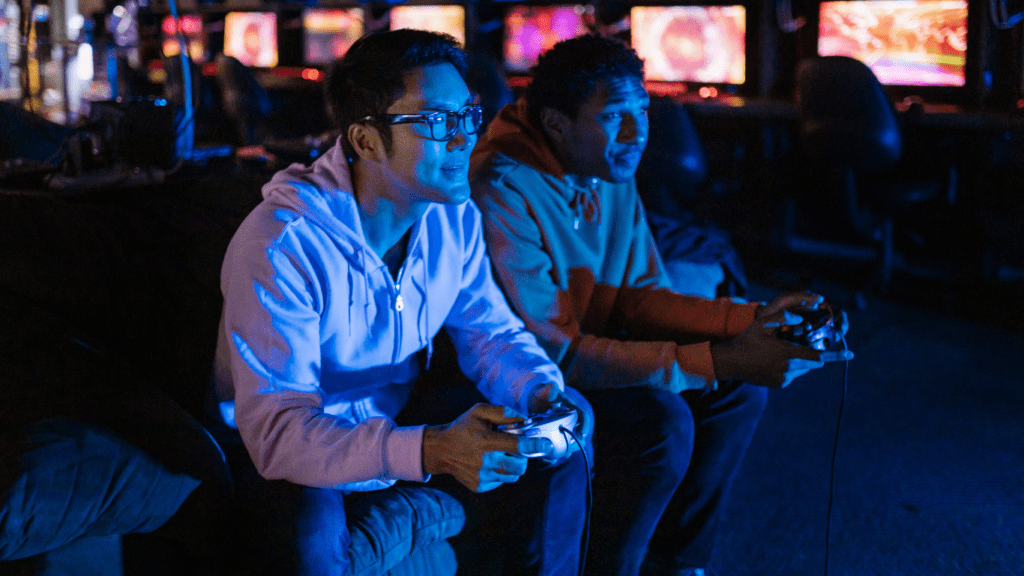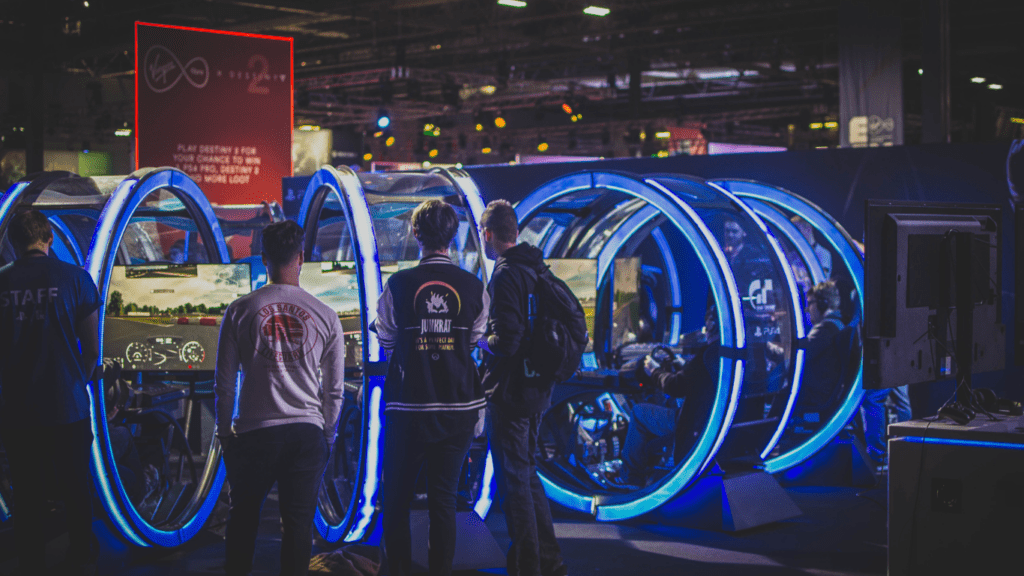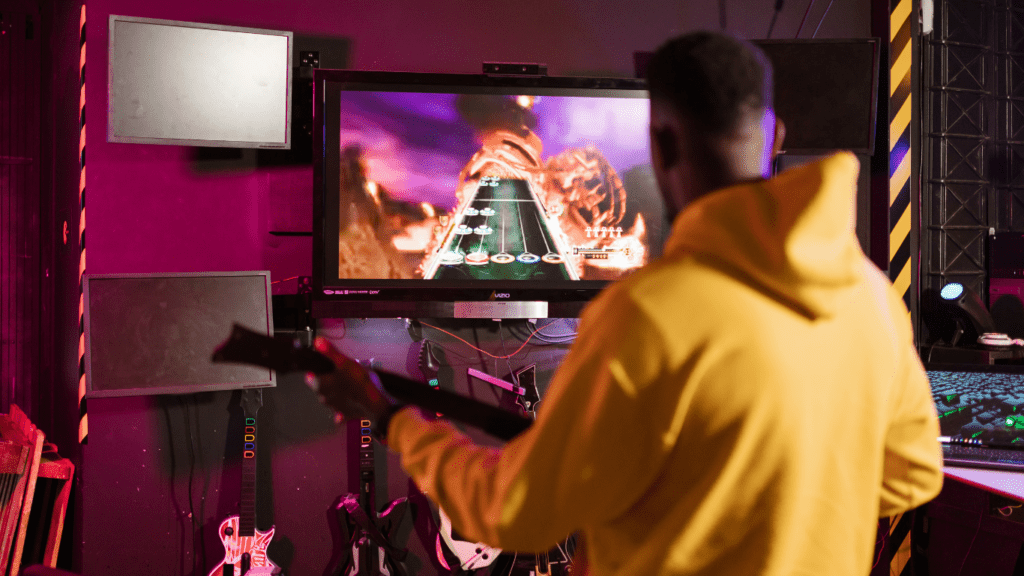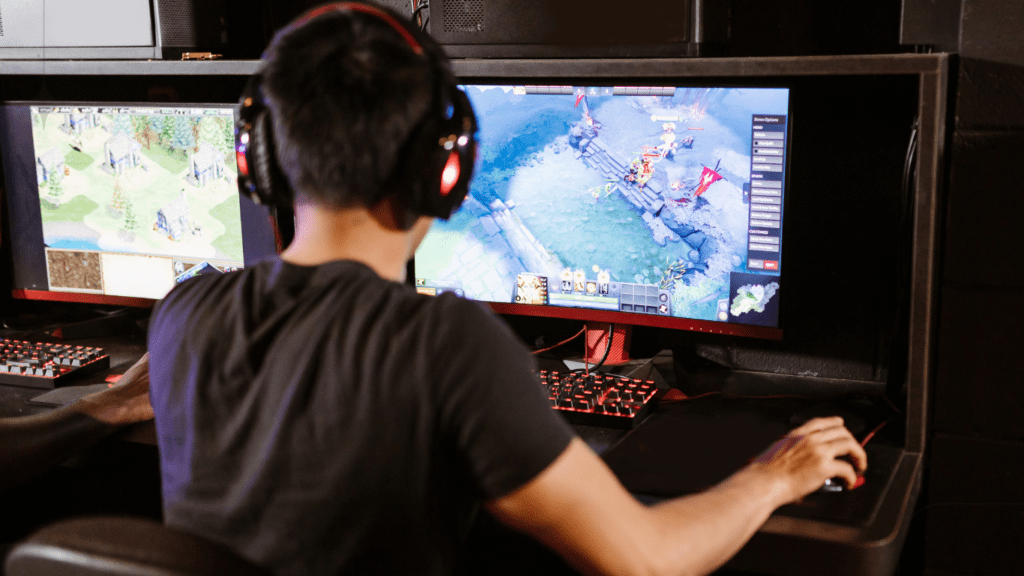As a seasoned esports enthusiast, I’ve always been fascinated by the intricate dance of teamwork and strategy that unfolds within competitive gaming. In the world of esports, success isn’t just about individual skill; it’s about how well a team can synchronize their movements, communicate effectively, and adapt to ever-changing game dynamics. Understanding the nuances of esports team dynamics and strategies is like deciphering a complex puzzle where each player is a vital piece that contributes to the bigger picture.
In this article, I’ll delve into the inner workings of esports teams, exploring how they form cohesive units, develop unique playstyles, and strategize to outsmart their opponents. From drafting the perfect lineup to executing flawless in-game tactics, esports teams operate like well-oiled machines, each member playing a crucial role in the team’s overall performance. Join me on this journey as we unravel the secrets behind successful esports team dynamics and strategies.
Understanding Esports Team Dynamics
To excel in esports, understanding team dynamics is vital. Each player contributes uniquely to the collective success, making teamwork essential for achieving goals in competitive gaming.
The Role of Team Chemistry
Team chemistry is the backbone of an esports team. It’s the intangible connection between players that fosters trust, understanding, and synergy. Strong team chemistry leads to better coordination, anticipation of teammates’ moves, and seamless execution of strategies.
Communication and Collaboration
Effective communication is non-negotiable in esports. Clear, concise communication ensures that every team member is on the same page, leading to quick decision-making and precise executions. Collaborating seamlessly with teammates, sharing information, and providing timely feedback are crucial for staying ahead in the fast-paced world of competitive gaming.
Key Strategies in Esports
Esports teams rely on a variety of key strategies to outmaneuver their opponents and achieve victory. Let’s explore some crucial tactics employed by successful teams in competitive gaming:
- Game-Specific Tactics
In esports, mastering game-specific tactics is paramount. Understanding the intricacies of the game, including maps, objectives, hero abilities, and strategies, gives teams a competitive edge. For instance, in games like Counter-Strike: Global Offensive, teams need to strategize around bomb sites and rotations, while in MOBAs like League of Legends, knowledge of champion abilities and team compositions is vital. By honing these game-specific tactics, teams can anticipate their opponents’ moves and formulate effective counter-strategies. - Adaptation and Flexibility
Adaptability is key in esports, where the meta (dominant strategies and trends) can shift rapidly. Successful teams exhibit flexibility in their gameplay, readily adjusting their strategies to counter their opponents’ tactics or capitalize on emerging opportunities. Whether it’s changing hero picks, altering playstyles, or adjusting teamwork dynamics mid-game, the ability to adapt on the fly is a hallmark of top-tier esports teams. By remaining flexible and open to change, teams can stay ahead of the curve and maintain a competitive advantage in the ever-evolving landscape of competitive gaming.
Challenges in Esports Team Management

Managing an esports team comes with its set of challenges, from dealing with intense pressure to navigating the complexities of leadership dynamics.
Handling Pressure and Expectations
In the high-stakes world of esports, managing pressure and expectations is a constant battle. I must juggle the weight of expectations from fans, sponsors, and the organization while maintaining a focus on performance. The pressure to deliver results can be overwhelming, affecting my decision-making and gameplay. Strategies to cope with this include mental resilience training, mindfulness techniques, and effective communication within the team.
The Impact of Leadership
Leadership plays a crucial role in the success of an esports team. As the captain or manager, I am responsible for setting the team’s tone, making strategic decisions, and fostering a positive team culture. Effective leadership can inspire confidence, improve communication, and boost overall performance. However, ineffective leadership can lead to discord, lack of direction, and underperformance. I must constantly evaluate my leadership style, seek feedback from team members, and adapt to the evolving needs of the team to ensure success.
Optimizing Team Performance
To enhance team performance in esports, various factors play a crucial role in achieving success. As the team’s performance directly impacts outcomes in competitive gaming, optimizing key areas is essential for maintaining a winning edge.
Training and Development
I prioritize structured training sessions and continuous skill development as the foundation of improving team performance in esports. It’s essential to focus on individual player skills, team strategies, and overall gameplay dynamics. By investing time in deliberate practice and refining techniques, my team can adapt to different game scenarios effectively.
Analyzing Opponents and Game Meta
To stay competitive, I emphasize thorough analysis of opponents’ gameplay styles, strategies, and tendencies. Understanding the game meta allows my team to anticipate trends, counter strategies, and make informed decisions during matches. By tracking opponent trends and meta shifts, we can adjust our gameplay proactively and stay ahead of the competition.

 David Fields is a dedicated contributor to Jackpot Joyfully, specializing in the intricacies of sports betting and casino games. With years of experience in the gaming industry, David provides readers with expert advice, detailed strategies, and the latest insights to help them make informed decisions. His commitment to fostering a fun yet responsible gaming environment shines through in every article he writes, making him a trusted voice for both new and experienced players.
David Fields is a dedicated contributor to Jackpot Joyfully, specializing in the intricacies of sports betting and casino games. With years of experience in the gaming industry, David provides readers with expert advice, detailed strategies, and the latest insights to help them make informed decisions. His commitment to fostering a fun yet responsible gaming environment shines through in every article he writes, making him a trusted voice for both new and experienced players.

